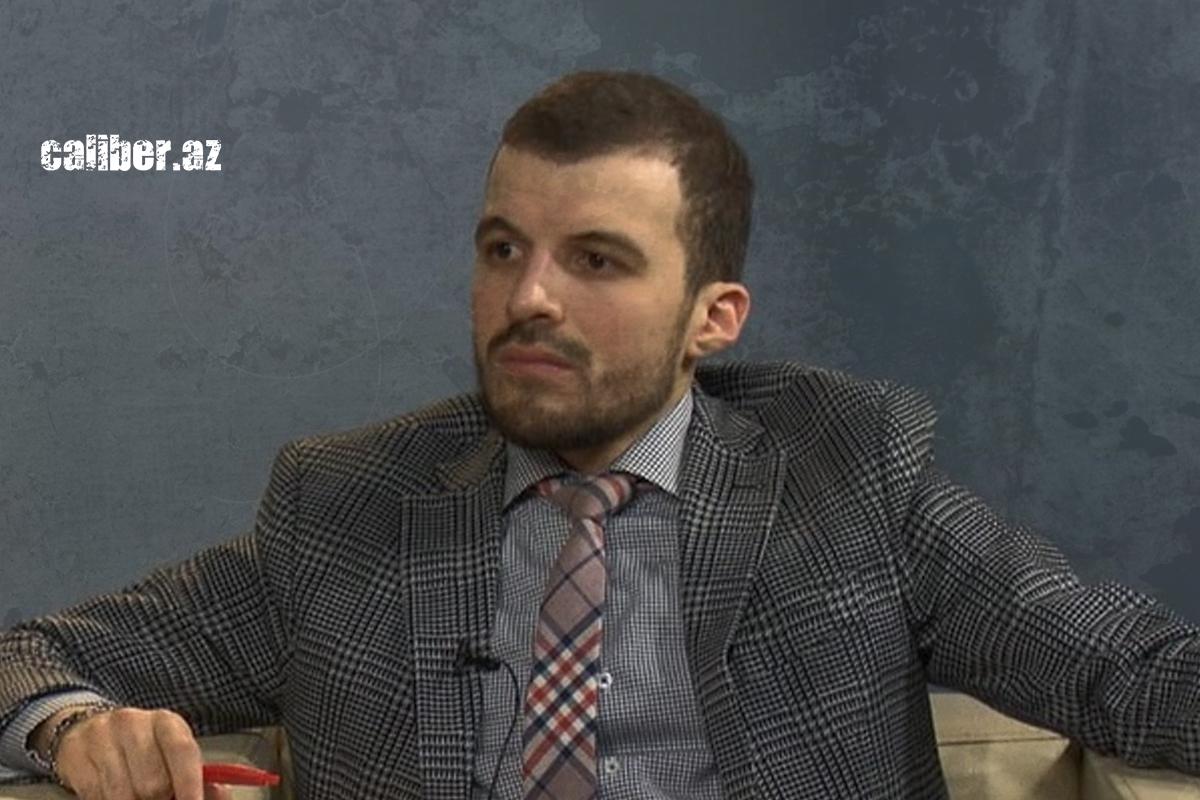Armenia faces uncertainty as Trump’s arrival shifts US focus Expert opinions
Pashinyan and his team are striving to solidify existing agreements with Washington ahead of the new U.S. administration's arrival. On December 5, Armenian Defense Minister Suren Papikyan met with U.S. Secretary of Defense Lloyd Austin at the Pentagon, where he reported on Armenia’s "homework." Even more significance is being attached in Yerevan to Prime Minister Nikol Pashinyan's meeting with U.S. President-elect Donald Trump in Paris. Judging by Pashinyan's desperate attempts to arrange even a brief "on-the-go" conversation with Trump and secure a joint photo, a great deal is at stake.
Why is Pashinyan so concerned, trying to establish common ground with Trump as quickly as possible? A Caliber.Az correspondent posed this question to foreign policy experts.

According to Russian political scientist and international affairs expert Aslan Rubayev, the Biden administration, which has been supportive of Pashinyan, is leaving office, leaving him to face numerous challenges on his own.
"Trump is known for focusing more on domestic policies, with little interest in issues like Ukraine. It’s unlikely Armenia will capture Trump’s attention either. In this regard, Pashinyan is left without a patron—he’s uncertain about what to do next or where to turn. It’s no secret that Biden pushed Pashinyan towards sparking a new war in the region. With Trump, things could be entirely different; he might simply disregard all of Biden's initiatives in this area. This is why Pashinyan is scrambling and practically begging Washington to provide clear guidance on his next steps.
This predicament isn’t unique to Pashinyan. Other entities aligned with Biden’s projects are in a similar position. It’s becoming increasingly evident that new players, such as China, Russia, and Türkiye, will now move to fill the vacuum in the post-Soviet space. As a result, Pashinyan is now in a nearly unavoidable situation where he may have to turn back to Russia for support. Otherwise, he risks facing a strong Azerbaijan alone—a confrontation that Yerevan deeply fears without external patrons and support," Rubayev asserts.

Kazakh political analyst Farhad Kasenov, head of the A+Analytics research center, believes that Pashinyan’s trip to Paris should not be viewed merely as a courtesy visit or an expression of interest in the reopening of Notre Dame Cathedral. The primary motive was clearly the meeting with Donald Trump.
“Trump’s team is already defining the priorities of their future policies, and Pashinyan is trying to get on the radar of the incoming U.S. president to avoid being sidelined. Pashinyan is determined to ‘strike while the iron is hot.’ This urgency stems from a series of missteps by Armenia’s foreign ministry during the U.S. elections, as they placed their bets on the Democrats.
While it’s true that the U.S. has a significant Armenian lobby that will work to smooth over Pashinyan’s mistakes and advocate for Armenian interests within Republican circles, Yerevan’s miscalculation has already been made.
The impact of Trump’s arrival on the issue of peace in the South Caucasus remains unclear. However, if we view it rationally, Donald Trump is a person who entered politics from the business world, which means he thinks in clear, pragmatic terms, prioritizing the current and concrete interests of his country rather than fleeting or abstract ones. From this perspective, it is far more important and beneficial for the U.S. to establish dialogue with Azerbaijan and Georgia. These countries have much more influence on the region’s situation, both politically and economically.
Azerbaijan also has the opportunity to seize the initiative while the Armenian lobby is weakened. Baku currently has all the resources to usher in a new era of relations with the U.S., signaling that such cooperation could greatly enhance U.S. policies in the South Caucasus and with Central Asian countries. Azerbaijan's goodwill will play a pivotal role in this, ” said Kasenov.








